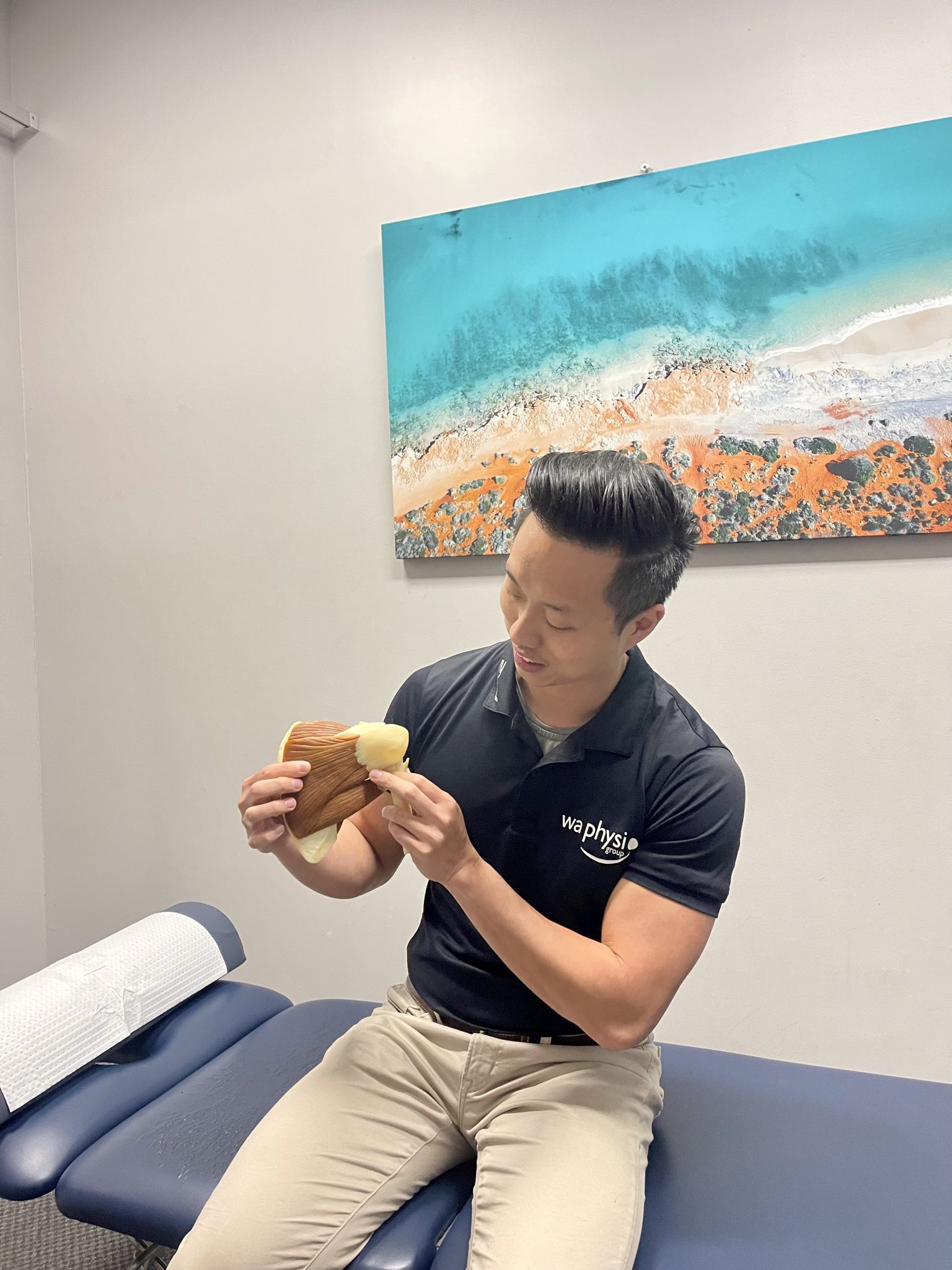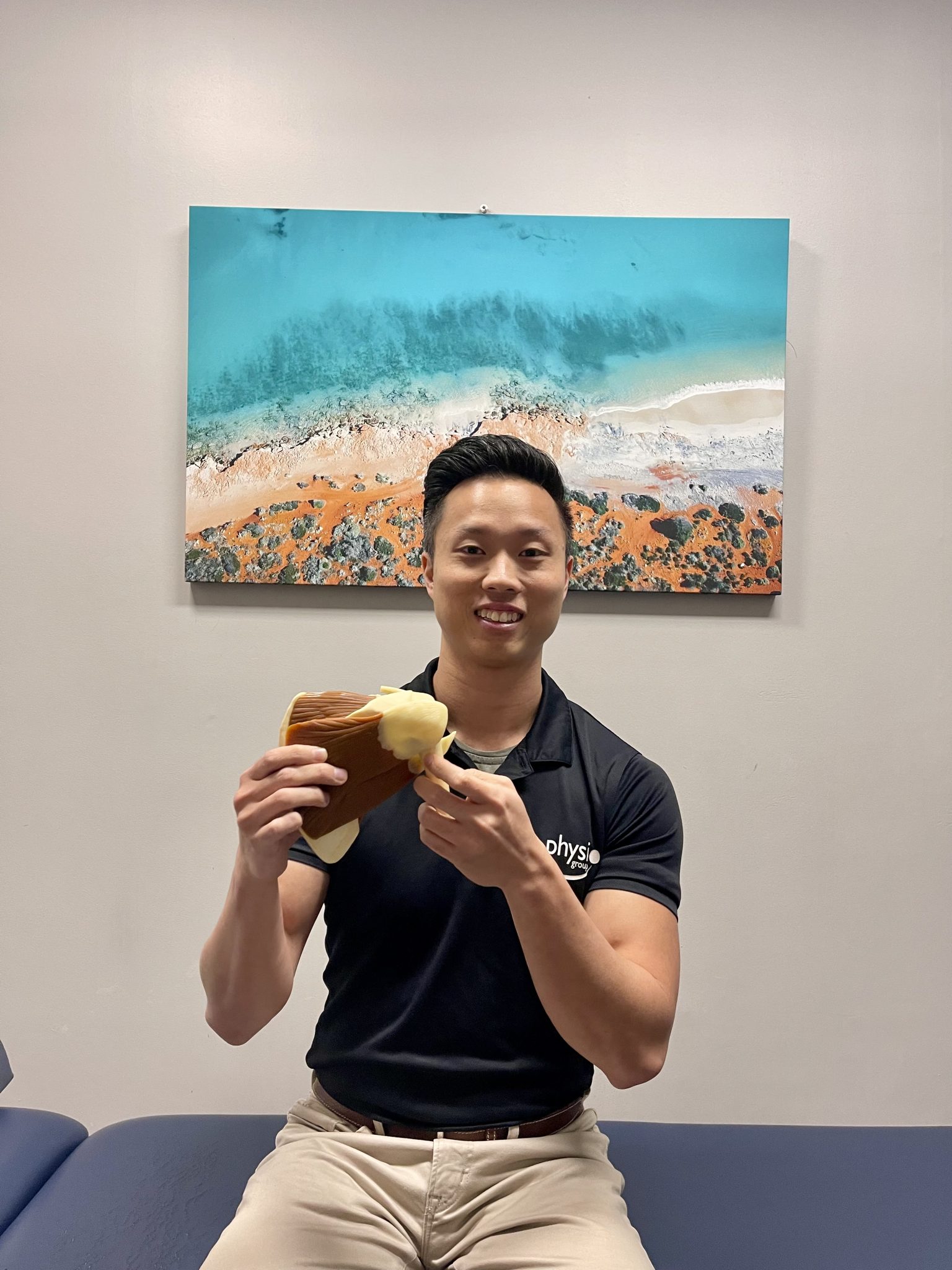Introduction:
For many individuals facing the prospect of joint replacement surgery, the road to recovery may seem daunting. However, with the right support and guidance, it’s possible to navigate this journey with confidence and optimism. In this blog, we’ll explore the role of physiotherapy in the rehabilitation process following joint replacement surgery and how it can significantly impact the outcomes and quality of life for patients.
The Importance of Joint Replacements:
Joint replacement surgery, whether it’s for the hip, knee, or shoulder, is a common procedure aimed at relieving pain, improving mobility, and restoring function to damaged or diseased joints. While surgery is a crucial step towards achieving these goals, the success of the procedure often depends on the effectiveness of post-operative rehabilitation.
The Role of Physiotherapy:
Physiotherapy plays a pivotal role in the recovery process following joint replacement surgery. Through personalized exercise programs, hands-on techniques, and education, physiotherapists help patients regain strength, flexibility, and range of motion in the affected joint. Additionally, physiotherapy addresses pain management, swelling reduction, and the prevention of complications such as stiffness and muscle weakness.
Early Mobilization:
One of the key principles of post-operative physiotherapy is early mobilization. Patients are encouraged to begin gentle exercises and movements as soon as possible after surgery to prevent stiffness and promote circulation. With the guidance of a physiotherapist, patients gradually progress from basic exercises to more challenging activities, tailored to their individual needs and abilities.
Improving Functional Abilities:
Beyond the physical aspects of recovery, physiotherapy also focuses on improving functional abilities. This includes tasks such as walking, climbing stairs, and performing activities of daily living. By simulating real-life scenarios and providing practical guidance, physiotherapists help patients regain confidence and independence in their daily activities.
Managing Expectations:
It’s important for patients undergoing joint replacement surgery to have realistic expectations about the recovery process. While physiotherapy can accelerate healing and improve outcomes, it’s essential to understand that rehabilitation takes time and dedication. By setting achievable goals and celebrating progress along the way, patients can stay motivated and focused on their recovery journey.
The Journey to Success:
As patients progress through their rehabilitation program, they often experience significant improvements in pain relief, mobility, and overall quality of life. With the support of a dedicated physiotherapy team, individuals can overcome the challenges of joint replacement surgery and emerge stronger, more resilient, and ready to embrace life to the fullest.
Conclusion:
Joint replacement surgery represents a significant milestone in the journey towards improved joint health and function. However, the true key to success lies in the comprehensive rehabilitation program that follows. Through the expertise and guidance of physiotherapy, patients can embark on a transformative journey of recovery, reclaiming their mobility, independence, and quality of life along the way.





